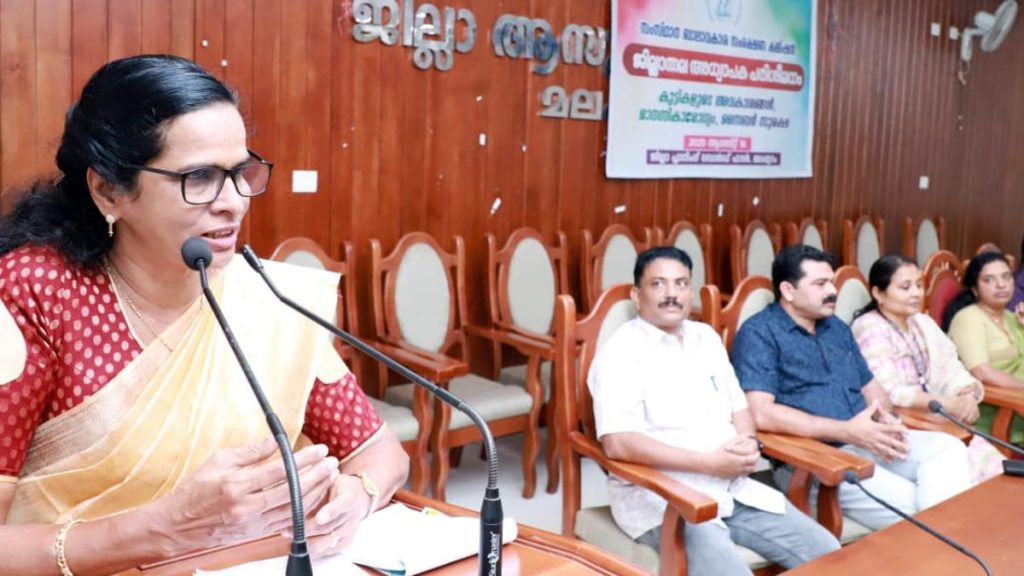Now Reading: Scientists Achieve First-Ever Proof of Key Quantum Principle
-
01
Scientists Achieve First-Ever Proof of Key Quantum Principle
Scientists Achieve First-Ever Proof of Key Quantum Principle

Swift Summary
- Researchers at Tampere University, in collaboration with teams from Germany and India, have experimentally confirmed the conservation of angular momentum (OAM) at the quantum level when a single photon is converted into two photons.
- This study validates a fundamental principle of physics for light-matter interactions at the smallest scale,marking a breakthrough in quantum physics.
- Experiments confirmed that OAM quanta are conserved even for single photons; e.g., if one generated photon has +1 OAM, its pair must have -1 OAM to maintain symmetry (1 + (-1) = 0).
- Confirming this conservation involved highly precise measurements since converting single photons into pairs is an extremely inefficient process-only occurring once per billion photons.
- The study also detected initial signs of quantum entanglement between the generated photon pairs, paving the way for creating complex photonic quantum states useful for applications such as computing and communication.
- Future research aims to improve detection efficiency and leverage multi-photon entangled states in quantum communication or network schemes.
Indian Opinion Analysis
This scientific breakthrough has profound implications not only globally but also potentially for India’s active participation in advancing fields like quantum computing and communication technology. Collaboration by Indian researchers demonstrates India’s growing role as a contributor to cutting-edge science. As these findings open avenues towards developing complex entangled photon states, they coudl help transform industries reliant on secure communications and high-performance computing systems.
Moreover, conserving angular momentum at such fundamental levels reflects humanity’s progress toward understanding core principles governing reality itself-a pursuit where India’s scientific community plays an crucial collaborative role. Improving experimental methodologies may further enable practical applications that redefine how details transfer occurs across networks globally. Such advancements align with india’s strategic interest in fostering technological leadership through international partnerships focused on innovation.


























